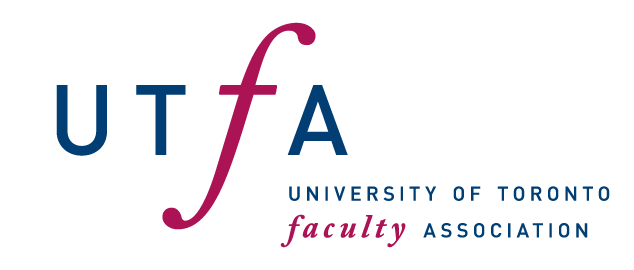Dalla Lana School of Public Health
Dear President Gertler, Vice-President & Provost Regehr, and Vice-President, Human Resources & Equity Hannah-Moffat:
As faculty members at the Dalla Lana School of Public Health, we write to express our concerns regarding the University of Toronto’s measures to protect the health and safety of all workers, essential and non-essential, during the COVID-19 pandemic. Urgent action is needed to: (1) ensure adequate workplace health and safety measures by consulting with relevant groups prior to the University’s reopening process; (2) provide employment security to workers currently facing precarity, including highly racialized and feminized low-wage workers; and (3) provide gender-equitable work-at-home policies related to childcare and elder care. The U of T is a world leader in public health with extensive expertise among its faculty. Moreover, the Dalla Lana School of Public Health has one of three Canadian graduate training programs in Occupational Hygiene, and the only one in Ontario. This faculty expertise is contributing to national and international responses to COVID-19, yet it has only scantly been consulted to shape internal U of T COVID-19-related policies. The U of T still has the opportunity to model a justice-informed COVID-19 response, marshaling this expertise, to ensure the health and well-being of U of T workers.
Many U of T workers, and their unions, have expressed concern that the University has to date not adequately informed, let alone consulted with, the 50 joint health and safety committees (JHSCs) about health and safety protections for on-site workers. There is a lack of clarity on how the (shifting) public health recommendations are being implemented on campus, what personal protective equipment is needed and will be provided, and how physical distancing will be enforced, nor has there been a clear message on which positions are eligible to work on-site versus at home. Since the JHSCs were not informed about or involved in these decision making processes, worker representatives were unable to communicate with, or share the concerns of, their members. This is a missed opportunity on the part of University administration to engage those who are most familiar with workplace conditions and the day-to-day operations of the University.
Going forward, unions, faculty and employee associations, and front-line management must have a meaningful role in both University re-opening plans and in development of ongoing remote work policies. Each of these groups should be consulted before decisions are taken and information is disseminated. Ideally input, as well as feedback once plans are developed, should be channeled through the University’s existing JHSCs, or, at minimum, a selection of JHSCs from all 3 campuses. With their extensive knowledge about their respective work areas, JHSCs play a crucial role in communicating with and educating members about health and safety and will be key to monitoring back-to-work plans. Given the U of T community’s size, diverse activities, and reopening challenges, the University administration would be wise to utilize the heretofore untapped resource of JHSCs to ensure that reopening plans are reasonable and achievable, and to make the entire U of T community aware of hazards in the workplace and the steps being taken to keep everyone safe.
